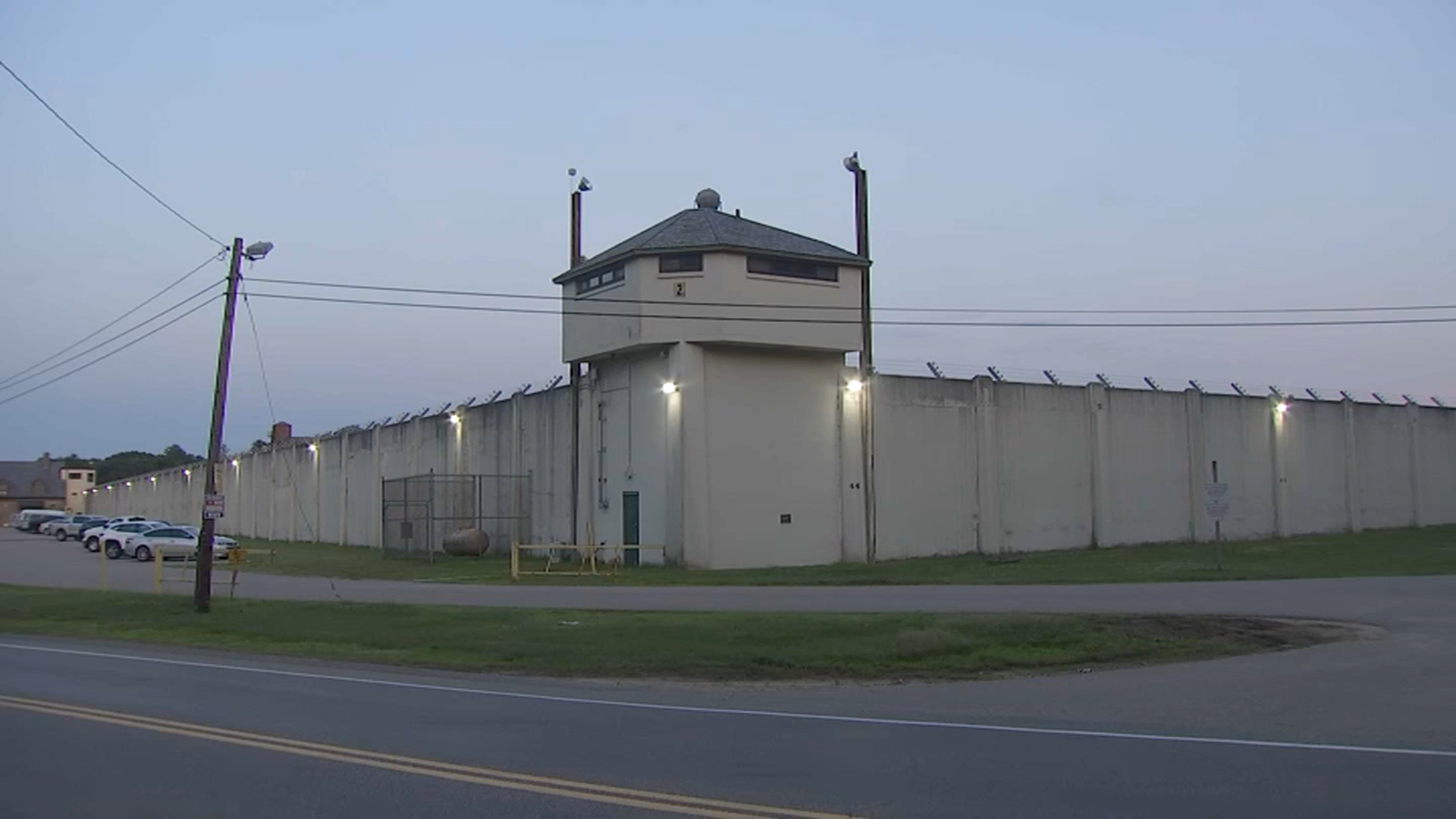Massachusetts, facing an unsustainable level of homelessness, is changing its emergency shelter system, the Healey administration announced Tuesday.
Under the new system, which goes into effect next month, migrants will qualify for five-day stays at new temporary respite centers in Cambridge, Chelsea, Lexington and Norfolk, but not for stays at existing Emergency Assistance shelters, according to the announcement.
WATCH ANYTIME FOR FREE
Stream NBC10 Boston news for free, 24/7, wherever you are. |
It comes as Massachusetts continues contending with an influx of migrants that's badly strained the state's shelter system. Tuesday's announcement noted that the Norfolk emergency shelter at a decommissioned prison is nearing capacity, after opening last month.
Get updates on what's happening in Boston to your inbox. Sign up for our News Headlines newsletter.
The families that will have priority starting Aug. 1 are those without housing because of a no-fault eviction, who lost their home because of a sudden incident like a flood or fire, and those including a veteran, someone with significant medical needs, a newborn child or are at risk of domestic violence. Families who wouldn't qualify after the change but are already housed at temporary respite centers will retain prioritization.
“We have been saying for months now that the rapid growth of our Emergency Assistance shelter system is not sustainable. Massachusetts is out of shelter space, and we simply cannot afford the current size of this system. Our administration has taken significant action over the past year to make the system more sustainable and help families leave shelter for stable housing. But with Congress continuing to fail to act on immigration reform, we need to make more changes,” Gov. Maura Healey said in a statement. “That’s why we are making changes to EA prioritization and transitioning our safety-net sites to five-day temporary respite centers. This is in line with the policies of other cities facing similar challenges as Massachusetts and will help give families some relief for a few days while they access the diversion services we can provide, such as reticketing.”
Advocates for the homeless worry these new requirements will do more harm than good.
"Families will have a very short time in an overflow shelter, just five days. And that is not enough time to come up with a plan to leave the shelter and more secure housing," Jeff Thielman of the International Institute of New England said.
“In many ways, this retreat from the right to shelter in Massachusetts that we’ve seen and I’m just surprised that the policy would be announced with one week for it to be implemented,” added Kelly Turley of the Massachusetts Coalition for the Homeless.
Healey last year capped the number of families that can be in the emergency assistance shelter system at around 7,500, and she signed a law this year limiting the length of stay in those facilities to nine months.
Total costs for the system and related expenses surpassed $1 billion in fiscal 2024, and administration officials estimated before the latest eligibility changes that the state would spend $915 million responding to the crisis in fiscal 2025.
State House News Service contributed to this report.




